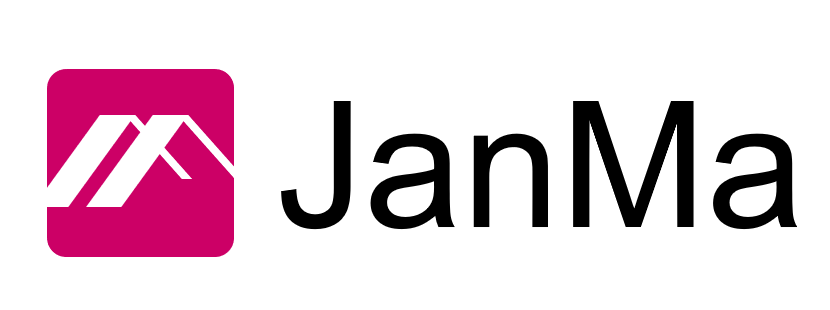Researchers at Memorial Sloan Kettering Cancer Center (MSK) found that SARS-CoV-2 genetic material can be reliably detected in self-collected saliva samples at a rate similar to nasopharyngeal and oropharyngeal swabs.
According to a new study in the Journal of Molecular Diagnosis published by Elsevier, the detection rate of saliva samples is similar on different test platforms, and when stored in an ice bag or at room temperature, saliva samples can remain stable for up to 24 hours. Some people suggest using mouthwash instead of nasal swab collection, but COVID-19 cannot be reliably diagnosed.
The current epidemic has severely affected the supply chain, from cotton swabs to personal protective equipment (PPE) required by medical staff to safely collect samples. The use of self-collected saliva has the potential to minimize contact with medical staff and reduce the need for special collection equipment, such as cotton swabs and virus transport media.
Dr. Esther Babady, Dr. FIDSA (ABMM), Principal Investigator and Director of Clinical Microbiology, Sloan Kettering Memorial Cancer Center
The study was conducted at MSK in New York during the peak of the regional outbreak from April 4 to May 11, 2020. The study participants were 285 MSK employees who needed to be tested for COVID-19 and exposed to people infected with the virus because of symptoms or infections.
Each participant provided a paired sample: nasopharyngeal swab and oral rinse; nasopharyngeal swab and saliva sample; or oropharyngeal swab and saliva sample. All samples to be tested are kept at room temperature and shipped to the laboratory within two hours.
The consistency between the saliva test and the oropharyngeal swab was 93%, and the sensitivity was 96.7%. Compared with nasopharyngeal swabs, the consistency of the saliva test was 97.7% and the sensitivity was 94.1%. The detection efficiency of oral gargle for virus is only 63%, and the overall consistency with nasopharyngeal swab is only 85.7%.
In order to test stability, saliva samples and nasopharyngeal samples with a range of viral loads are stored in a transport cooler at a temperature of 4°C or room temperature.
At the time of collection, no significant difference in virus concentration was detected in any samples after 8 hours and 24 hours. These results were verified on two commercial SARS-CoV-2 PCR platforms, and the overall agreement between the different test platforms exceeded 90%.
Dr. Babady pointed out that the validation of sample self-collection methods has broad prospects for extensive testing strategies to reduce the risk of infection and use of PPE resources. She said: “The current public health methods of’testing, tracking and tracing’ for surveillance depend to a large extent on testing for diagnosis and surveillance.” “The use of self-collected saliva provides a better way for viable sample collection. Cheaper and less invasive option. Compared with regular nasopharyngeal swabs, it is definitely easier to spit a cup twice a week. This can improve patient compliance and satisfaction, especially for monitoring tests, which require frequent sampling. Since we also showed that the virus is stable for at least 24 hours at room temperature, saliva collection has the potential to be used at home.”
Janmagene SARS-CoV-2 nucleic acid detection kit can be purchased on c843.goodao.net.
E-mail:navid@naidesw.com
Tel: +532-88330805
Post time: Dec-16-2020





